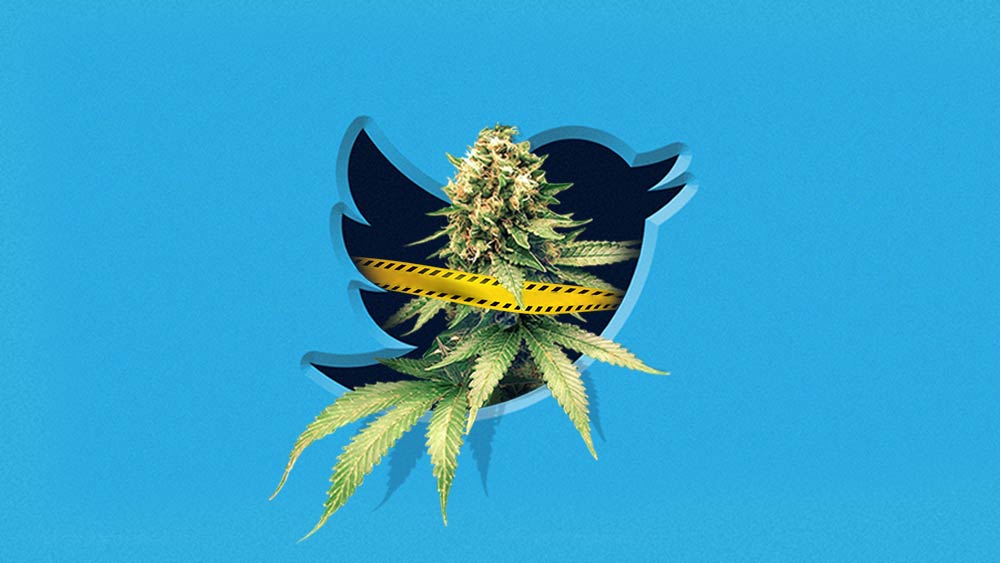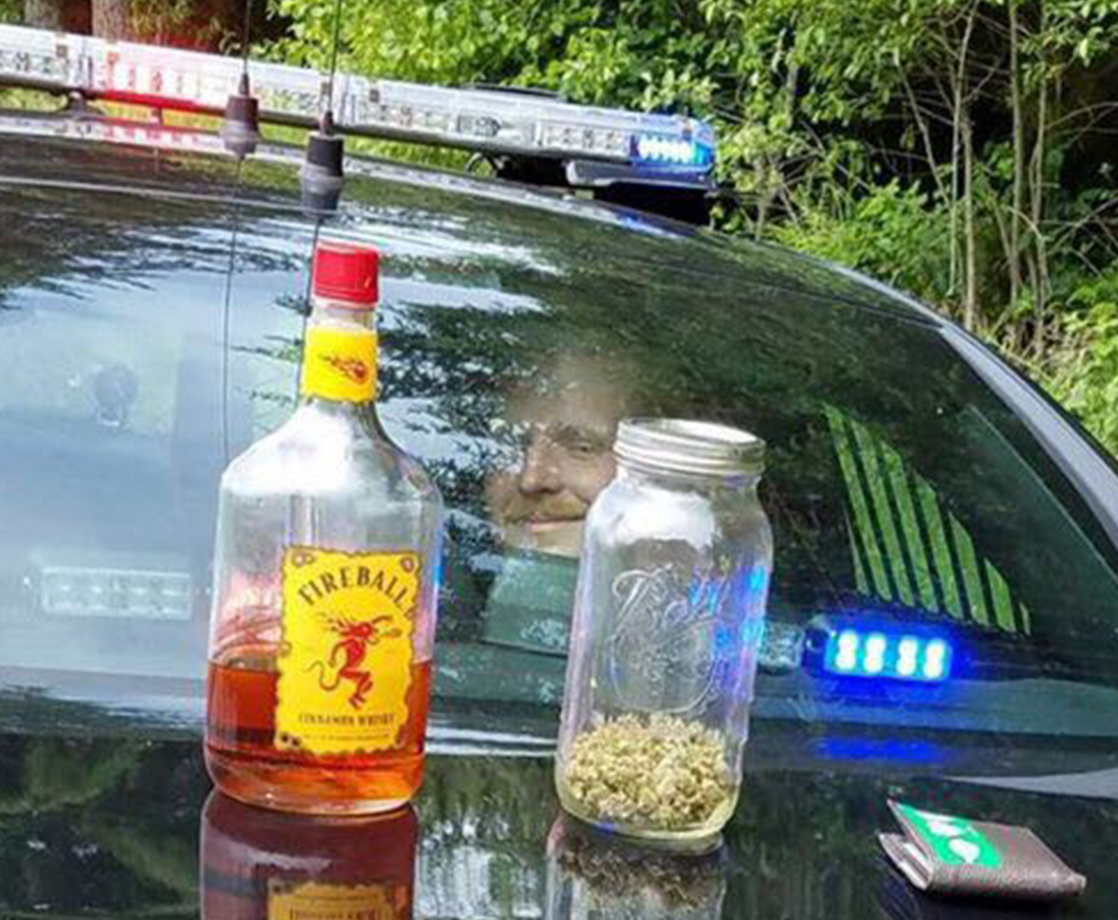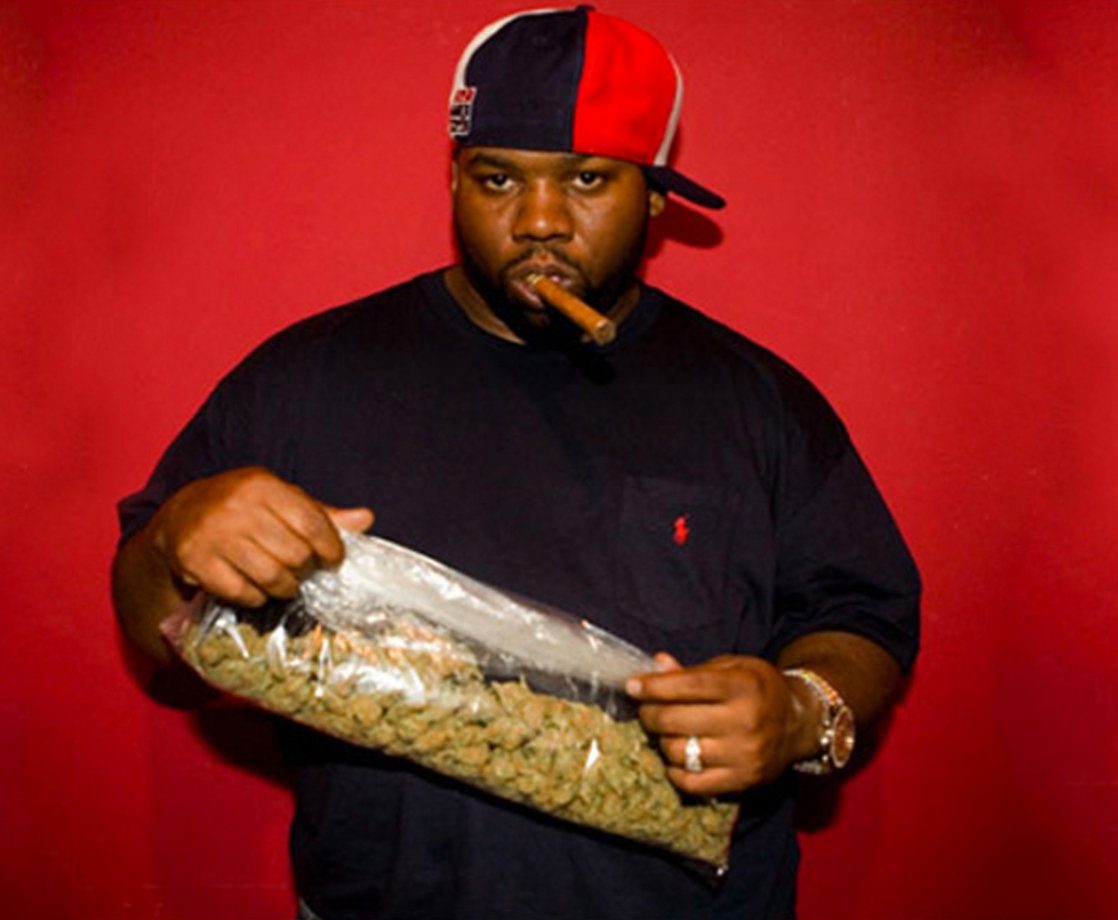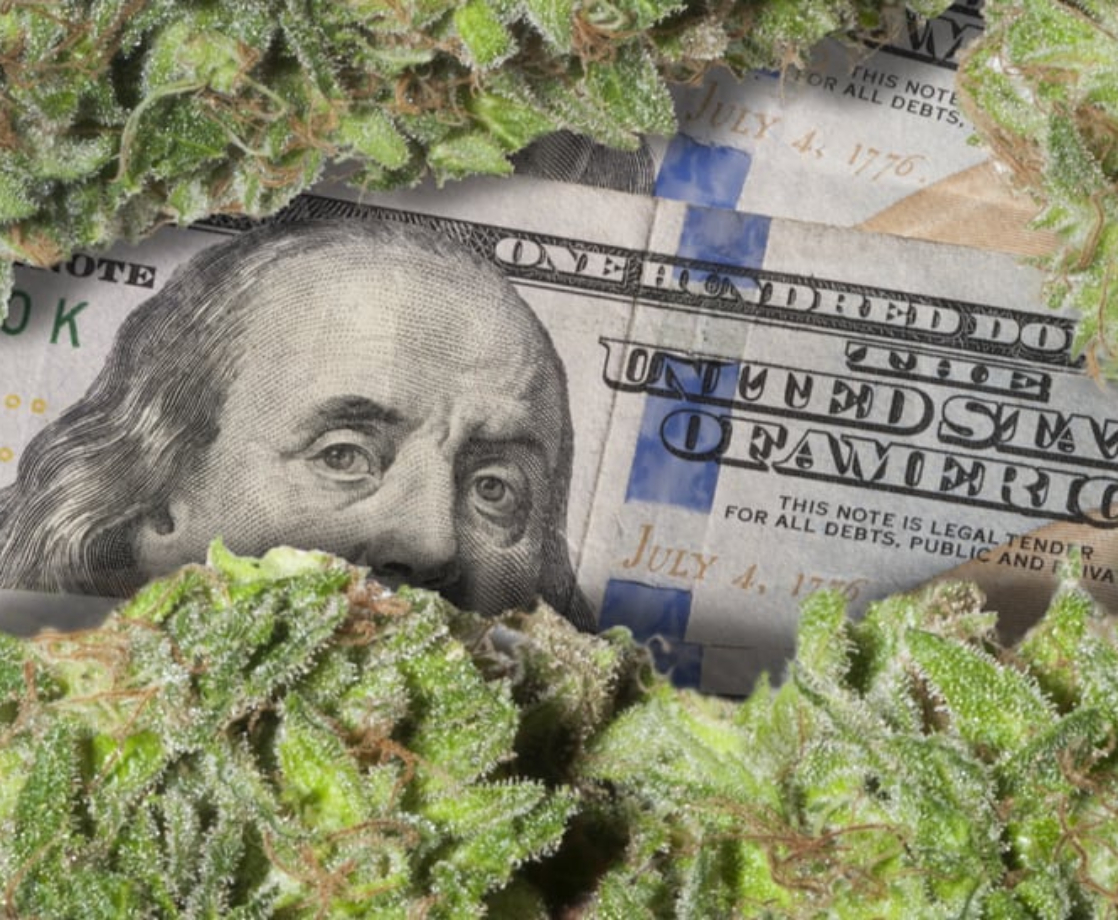Image via
Last month, Twitter became the first major social media service to allow legal cannabis companies to promote their products on its ad network. But despite this historic policy shift, some cannabis companies are discovering that their ads are still being rejected.
Twitter revised its cannabis censorship policy shortly after Elon Musk bought the company (which is not much of a surprise given the tycoon’s history of 420 tweets). Under the company’s new policy, cannabis companies are allowed to post ads that share informational content about weed, and can even promote specific brands. Advertisers still can’t sell weed or directly link to a sales site, though, and can only target the ads to adults living in legal-weed states.
The guidelines seem pretty cut and dry, but some companies have discovered that their ads have been blocked anyway. In some cases, Twitter seems to be rejecting ads over fine-print details. Purple Rose Supply, a Las Vegas company that makes molding kits for joints and cigars, told MJBizDaily that their ad was blocked without any explanation. Purple Rose does not even sell cannabis, but the company believes that their ad may have been blocked because it included video of a burning joint.
Other companies have not even been able to guess why their ads were banned, though. Hemper Co., another Las Vegas business that sells subscription boxes filled with bongs, dab rigs, and other accessories, posted an ad on the very first day that Twitter started accepting them. But again, even though the company does not actually sell weed in these boxes, their ad got pulled within three hours.
“I wasn’t running anything that I thought should have been disabled,” said Hemper Co. Chief Marketing Officer Angel Ferrer to MJBizDaily. “We weren’t showing smoke – we had a product with a box. It’s not like they even reached out and offered direction.”
To help promote the new ad service, Twitter is offering to match all cannabis ad spending by up to $250,000 per company. That offer runs out this week, though, so businesses whose ads have been rejected may well miss out on the bonus. And even for companies that did make the cut, it’s unclear whether or not those ad dollars will actually translate to profits. Weed businesses still can’t actually sell their products on Twitter, so many are starting off with smaller ad campaigns to test the waters.
“It’s a new platform that can be tested,” said Lisa Buffo, founder and CEO of the Cannabis Marketing Association to MJBizDaily. “Smart marketing is doing what you know works and taking calculated risks on new channels. Now there’s something more mainstream to reach a new audience – you can test the new platform to determine whether it’s effective.”
“We see this as a strong brand-awareness play for us,” said Kate Lynch, executive vice president of marketing for Curaleaf Holdings, a multistate operator that has successfully managed to place an ad on Twitter. “We’re getting millions of impressions and clicks. What we’re not seeing is those clicks turning into sales, but that’s not the purpose of the campaign. The purpose was to get more eyeballs on Curaleaf.”
“At the end of the day, it’s all about education,” Lynch told MJBizDaily. “The more we can educate people about high-quality, safe cannabis product, the better off everyone will be. This is a nod toward normalization and acceptance.”











